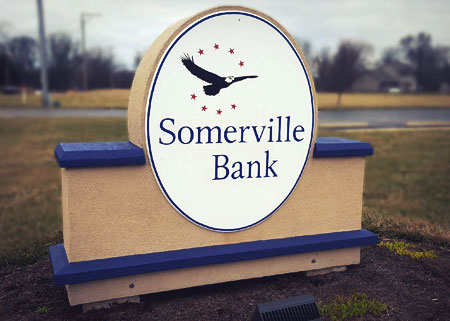According to statistics, approximately 95% of all new businesses are initiated with financing from personal funds and specially-designed loans.
Personal funding may include savings, interest earnings from investments, direct investments to a business from individuals within a community or with a common interest, and/or the utilization of credit cards.
Did you know that numerous banks offer small businesses a vast array of loans for funding a start-up and/or growth venture?
Based on information pulled from the Small Business Association, banks are considered to be the absolute largest of suppliers when it comes to debt capital for small businesses. In this brief guide, you will be introduced to the topic of loans that will aid in both the start-up and the growth of your small business.
The Bottom Line Must Be Considered First
The banks and financial institutions that specialize in providing these loans always consider the bottom line first. That is, whether or not your business has the ability to turn a profit. They will evaluate the business plan and review the objectives and predictions within that plan. They will then proceed in determining if an investment is wise based on market trends.
When seeking financial assistance for your small business, you must take the time to research and specify your bottom line. This will likely result in a high approval rate.
Funding Options
Now that you know that the bottom line must be first considered and that you should have the information on the bottom line when seeking funding, it is time to learn about the funding options that are currently available to you. These include – but, are not limited to, the following:
- Debt Financing
- Commercial Bank Loans
- Real Estate Financing
- Accounts Receivable Financing
- Equity Financing
Out of all of these funding sources, the most popular option among small business owners are commercial bank loans. Each bank varies in a substantial manner when it comes to lending practices.
Before attempting to seek out a bank loan, you must take the time to review the institution’s lending guidelines. This will help you to better understanding the process.
Additionally, loan officers are quite specific about that which they desire to know when determining approval for a loan. In nearly all instances, you will need to have the following information readily available:
- The Business Idea
- The Business Plan
- Collateral
- Equity
- Credit History
- Financial Worth
- Management Capability
- Ability to Repay
- Economic Conditions
- Market Trends
- Target Market
If you are seeking to start or grow a business, bank loans typically have the lowest interest rate and the highest rating approval in terms of confidence among businesses.
If you would like to start the process today, contact us here at Somerville National Bank. Our loan officers are ready to assist you and are ready to approve you for your business endeavor.
We strive to help our clients achieve the success that they desire. Visit one of our many locations today: http://somervillebank.net/locations/

 Somerville Bank has 8 Locations
Somerville Bank has 8 Locations